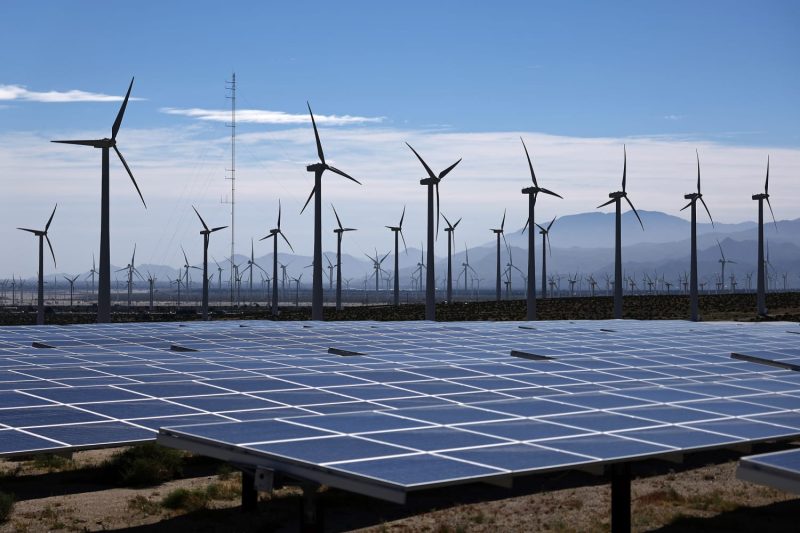As the global demand for electricity continues to surge, the need for sustainable energy sources has never been more pressing. The rise in electricity consumption, driven by population growth, urbanization, and technological advancements, is putting significant strain on traditional energy sources such as coal and natural gas. In response to this growing need for clean and reliable energy, the demand for renewable energy is set to triple in the coming years.
Renewable energy sources, including solar, wind, hydro, and geothermal power, have gained momentum in recent years as viable alternatives to traditional fossil fuels. These energy sources not only produce electricity with lower greenhouse gas emissions but also offer long-term cost savings and energy security. As a result, governments, businesses, and consumers are increasingly turning to renewable energy to meet their electricity needs.
The surge in renewable energy demand is being driven by several key factors. First and foremost, the pressing need to combat climate change has led to increased investments in renewable energy projects worldwide. Governments are setting ambitious targets for renewable energy deployment as part of their efforts to reduce carbon emissions and transition to a cleaner energy future.
Additionally, falling costs of renewable energy technologies have made them more competitive with traditional energy sources. Advances in solar and wind power generation, coupled with improved energy storage solutions, have significantly lowered the cost of renewable energy production. This cost reduction has made renewable energy more accessible to a broader range of consumers and businesses, further driving demand for clean energy options.
The transition to renewable energy is also being accelerated by corporate commitments to sustainability. Many businesses are setting ambitious renewable energy targets as part of their corporate social responsibility initiatives. By investing in renewable energy projects, companies not only reduce their carbon footprint but also enhance their brand reputation and appeal to environmentally conscious consumers.
Furthermore, the increasing decentralization of energy production is spurring demand for renewable energy sources. Distributed energy resources, such as rooftop solar panels and small-scale wind turbines, are allowing consumers to generate their electricity and reduce reliance on centralized power grids. This shift towards decentralized energy production is empowering individuals and communities to take control of their energy consumption and contribute to a more sustainable energy system.
In conclusion, the surge in renewable energy demand signals a fundamental shift towards a more sustainable and resilient energy future. As electricity consumption continues to rise, the need for clean and reliable energy sources will only grow. By investing in renewable energy technologies and embracing a more sustainable energy mix, we can pave the way for a cleaner, greener, and more prosperous future for generations to come.



























